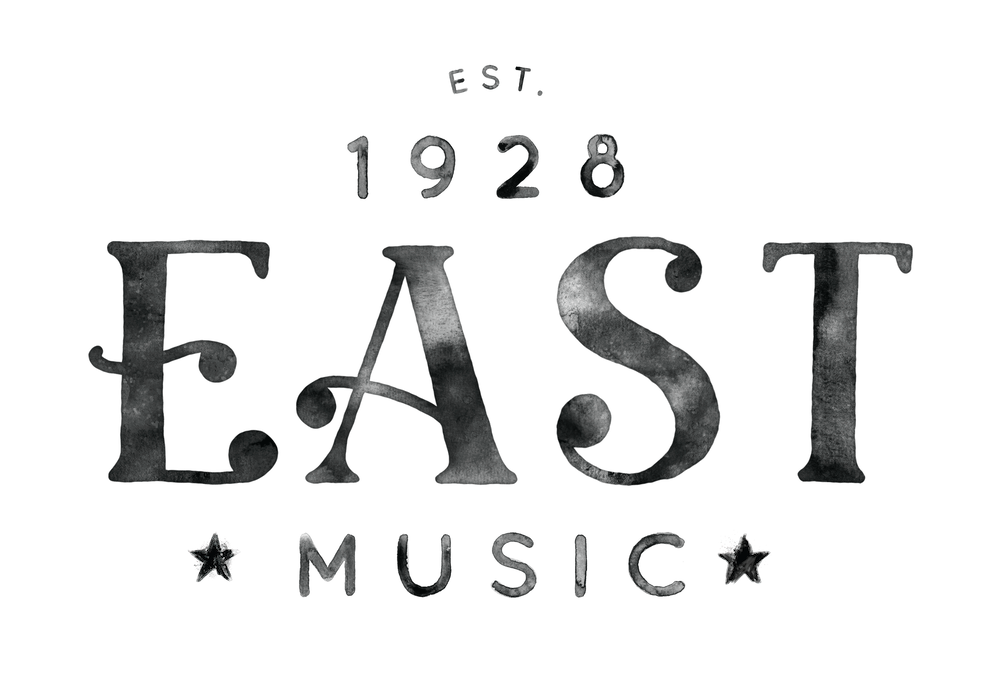In the second of the series in which some of the SA banding world’s preeminent players discuss the role of their particular instrument within the brass band, Gordon Ward, for 33 years a member of the New York Staff Band, serving over 20 of those years as principal cornet, focuses on the role of the Bb cornet.
First let me echo the comments of Gary Fountain in the first article of this series and say I too am very privileged to be asked to write this article on behalf of the many fine SA cornet players around the world who would be able do this.
I first started playing the cornet around the age of seven, and until I went to the Royal Northern College of Music in Manchester, my father was my only teacher. I did have a great YP Band to play in growing up at Hull East and later at Stockport Citadel, while studying in Manchester. This was solid grounding in SA junior and senior banding for me. Moving to New York was obviously a huge undertaking and my membership of the New York Staff Band (NYSB) specifically. To have Derek Smith as Bandmaster and knowing his reputation as a cornet player was immense. Before becoming principal cornet in the band, I did spend several happy years on soprano cornet, but you have already read about that instrument.
To cover the many aspects of cornet playing in one short article is probably likened to finding a needle in a haystack. There are many things that relate to the brass family of instruments as a whole and I will only touch on those quickly and refer to cornet and specifically principal cornet issues in a little more detail.
It is invaluable to develop a well-balanced practice routine at a young age. There seem to be more and more method books out than ever before and sometimes the choice can be overwhelming. The specific areas that need more work on obviously vary and a routine should be personalised to accommodate these. Seek out a good teacher and role model as early as possible. Today it is easy to listen to players and groups with so many quality recordings available, unlike when I was a child with the bulky and not always great quality LP recordings. Even so, there were two cornetists I admired at that time, Roland Cobb from the ISB and James Shepherd from the then Black Dyke Mills Band, obviously two great role models.
I play on a Besson Prestige cornet, which is by far the finest instrument I have ever played and, of course, this does make life a little easier, especially with the tuning slide trigger. However, whatever cornet you settle on, take plenty of time to get to know it. Equipment, of course, is very important and the choice of mouthpiece is equally vital, being so many to choose from. Choose wisely and seek expert advice.
Sitting in the principal cornet position, or ‘hot seat’, as it’s often referred to, in a band is very different to sitting anywhere else in the section. Not only is solo playing important, but leading a section of some four or five individual front row players creates challenges. It is not always easy for players who have their own individual sound and style to be able to blend and work as a team.
I believe that lyrical playing is crucial, and to play a melody with a lovely sound, with phrasing and shape, is so important. It is something that young players do not always focus on. Imparting a certain style on the section is important and can take some time to create. Phrasing and breathing as one is more than the breath marks on a page and often we have much more time than is sometimes perceived, especially on slower sections. The interpretive style of the music should be defined from the end chair as well as, of course, from the conductor.
The blend of sound in the section is critical and while each player obviously has their own unique sound it is important that the bench looks up the row for leadership with this. Again not always easy but good musicianship will always help in achieving a blend. Solo playing within the band is very important and a good relationship with the conductor is essential. Knowing how the conductor interprets a piece and specifically what they want can sometimes become telepathic after time. Being able to shape a melody with a sweet sound is as important to me as all the technical solo playing.
It is critical that you be prepared and do your homework, as for the most part the conductor and the rest of the section will be looking for you to lead. Being ahead of the game is important and the ability to sight read and interpret a piece quickly is critical. Like many staff sections, reading music at sight is a part of the job, especially proofing for publication, and so the abilities mentioned contribute greatly to the responsibilities of the position. Playing on any instrument has to be enjoyable and sometimes as principal in a prominent ensemble, it can be stressful with the weight of responsibility and expectation. However, mixed in with this are memories of great locations and performances throughout the world that as Salvationist musicians we believe glorify God.
